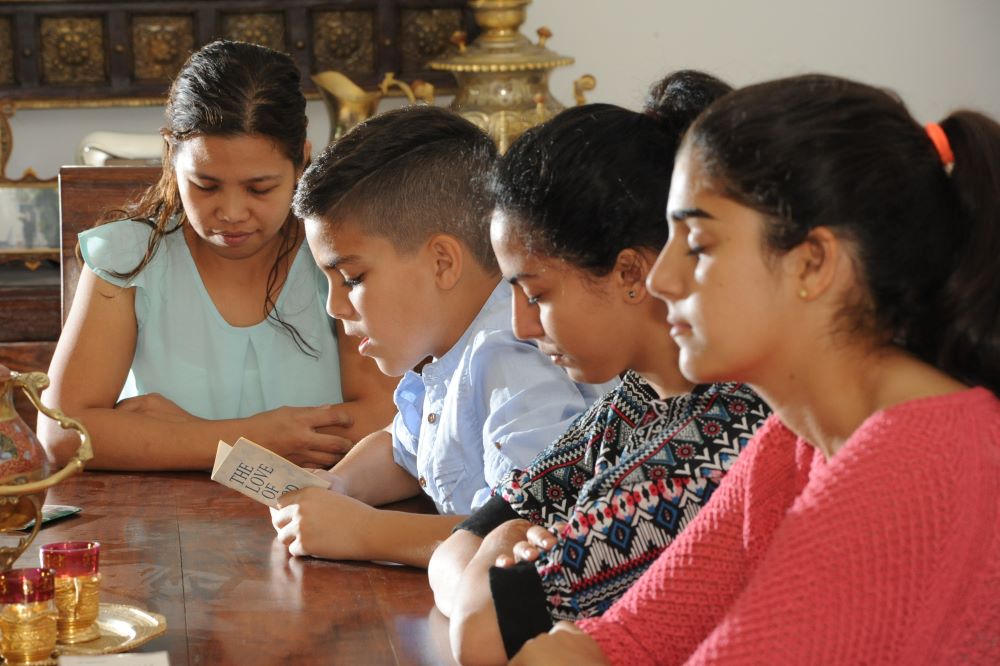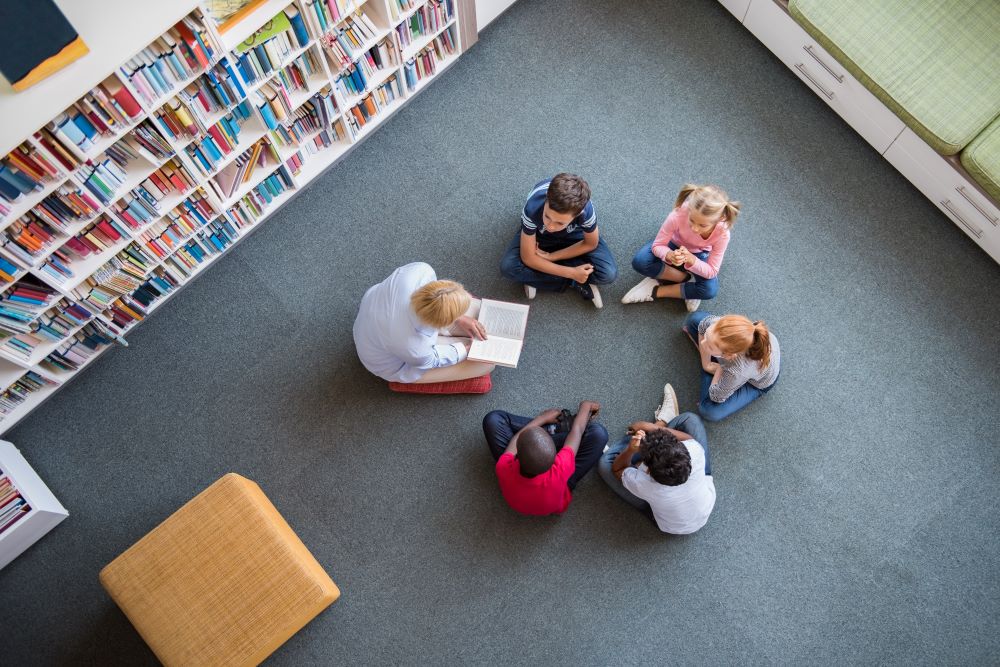Mashríq-ul-Adhkár (Baháʼí Houses of Worship)
The Mashriqu’l-Adhkár is a symbol of the teachings of the Bahá'í Faith, embodying the oneness of God, the oneness of mankind, and the essential unity of all religions. It serves as a gathering place that unites people as one family under the banner of unity, where the doors are open to all residents for worship, allowing each individual to commune with their Creator according to their own religion and belief, regardless of diverse religious backgrounds, races, or ethnicities. The Mashriqu’l-Adhkár fosters the unity of hearts and the coming together of souls, serving as a place that symbolizes the oneness of the human world. No sermons, ceremonies, or rituals are performed there; rather, prayers from various holy scriptures are recited in an atmosphere of spirituality, serenity, and reverence.
O people of the world! Build ye houses of worship through-out the lands in the name of Him Who is the Lord of all religions. Make them as perfect as is possible in the world of being, … Then with radiance and joy, celebrate therein the praise of your Lord, the Most Compassionate. Verily, by His remembrance the eye is cheered and the heart is filled with light.
Bahá’u’lláh
The construction of a Mashriqu’l-Adhkár embodies the dynamic relationship between worship and service. It extends beyond merely being a place for prayer and the recitation of supplications; its purpose is fully realized through projects that benefit the wider community. This concept of worship intertwined with service is evident in the essential facilities surrounding the House of Worship, which are dedicated to the social, humanitarian, cultural, and scientific advancement of the population. These facilities provide healthcare, economic well-being, and offer shelter and assistance to those in need.
The Mashriqu’l-Adhkár are also centers for social discourse for the surrounding community, they are places where the people of the neighborhood or city can gather together to consult regarding the needs, challenges and learnings of their community. They are also places where discourses on the national level may be held and so, contribute to promoting values such as; living together in harmony, peace and the unity of mankind. The dependancies such as; hospital, school, guest house and others exemplify the noble values required for social and spiritual advancement. The dependant buildings arise naturally and organically over time and according to the needs of the community that the House of Worship is established in.


